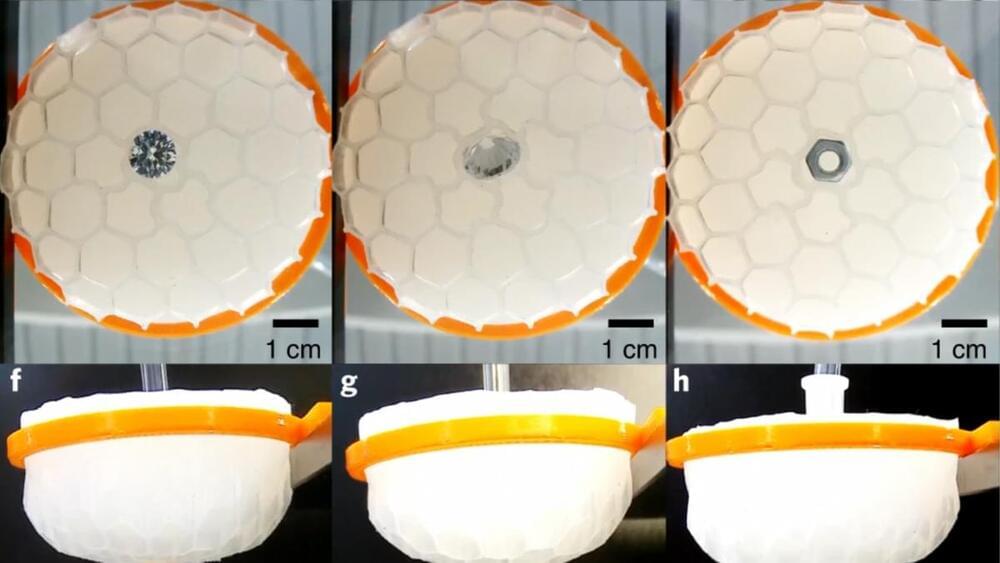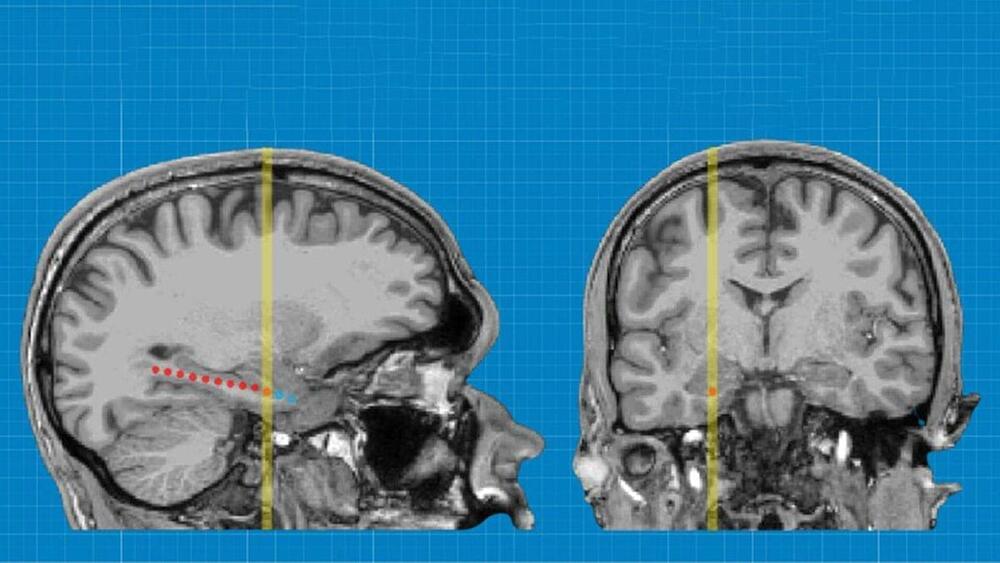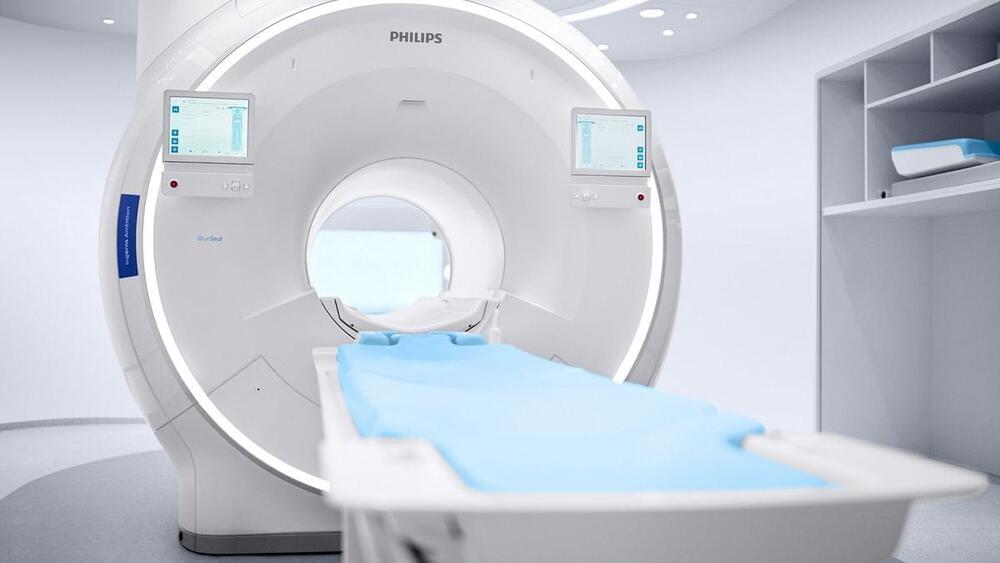There now genetic testing of breast cancer for men and women. The mutations in BRCA1 and BRCA2 Genes will cause cancer. I think in the future though error correction in the dna code could lead to the cure using crispr.
The contribution of BRCA1 and BRCA2 to inherited breast cancer was assessed by linkage and mutation analysis in 237 families, each with at least four cases of breast cancer, collected by the Breast Cancer Linkage Consortium. Families were included without regard to the occurrence of ovarian or other cancers. Overall, disease was linked to BRCA1 in an estimated 52% of families, to BRCA2 in 32% of families, and to neither gene in 16% (95% confidence interval [CI] 6%–28%), suggesting other predisposition genes. The majority (81%) of the breast-ovarian cancer families were due to BRCA1, with most others (14%) due to BRCA2. Conversely, the majority of families with male and female breast cancer were due to BRCA2 (76%). The largest proportion (67%) of families due to other genes was found in families with four or five cases of female breast cancer only. These estimates were not substantially affected either by changing the assumed penetrance model for BRCA1 or by including or excluding BRCA1 mutation data. Among those families with disease due to BRCA1 that were tested by one of the standard screening methods, mutations were detected in the coding sequence or splice sites in an estimated 63% (95% CI 51%–77%). The estimated sensitivity was identical for direct sequencing and other techniques. The penetrance of BRCA2 was estimated by maximizing the LOD score in BRCA2-mutation families, over all possible penetrance functions. The estimated cumulative risk of breast cancer reached 28% (95% CI 9%–44%) by age 50 years and 84% (95% CI 43%–95%) by age 70 years. The corresponding ovarian cancer risks were 0.4% (95% CI 0%–1%) by age 50 years and 27% (95% CI 0%–47%) by age 70 years. The lifetime risk of breast cancer appears similar to the risk in BRCA1 carriers, but there was some suggestion of a lower risk in BRCA2 carriers.








